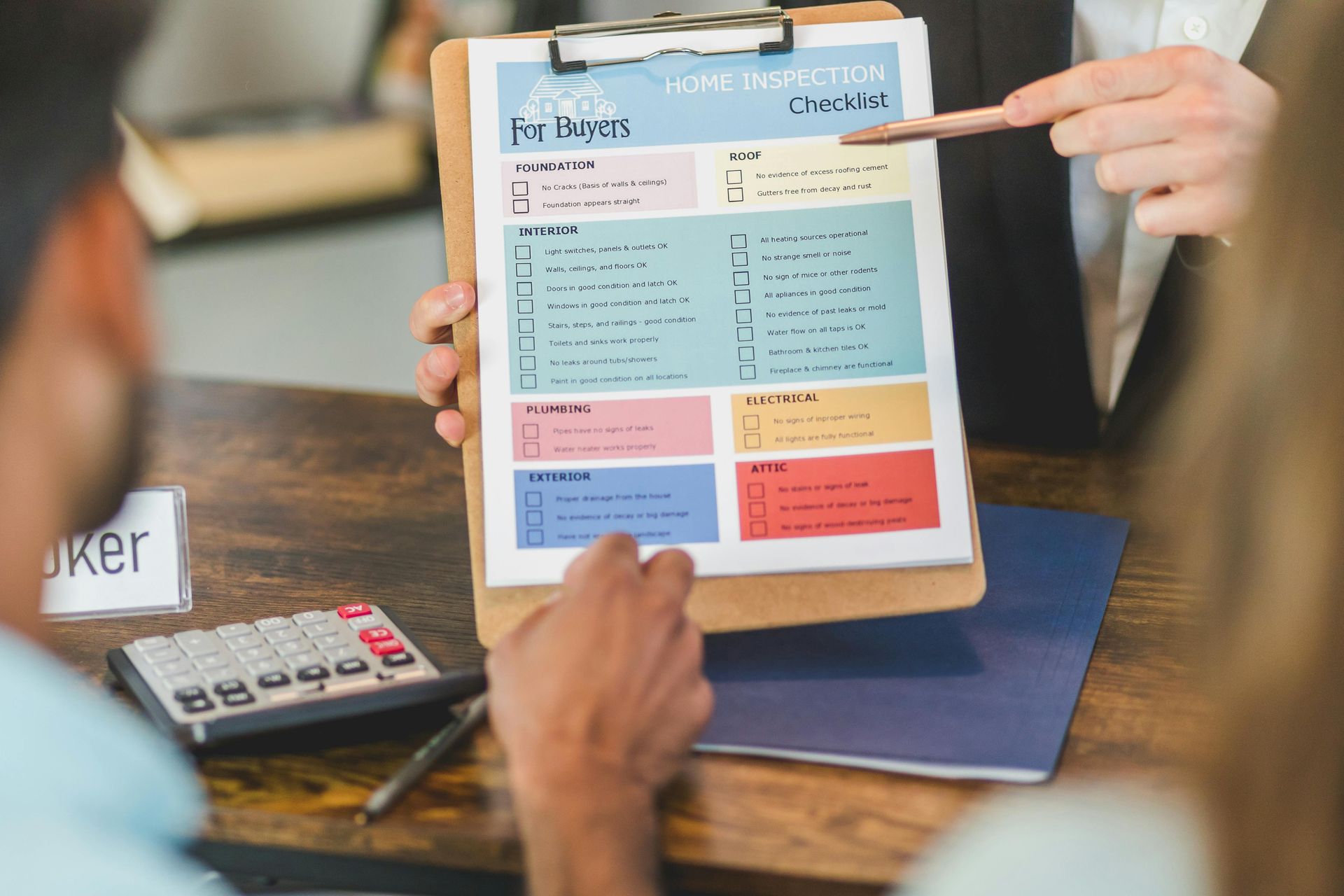Why Your Spouse Must Sign at Closing (Even If They’re Not on the Loan): Understanding Florida Homestead Rights
If you’re buying a home in Florida, you may be surprised to learn that your spouse will likely need to attend closing—even if they’re not applying for the loan, not listed on the title, and not financially responsible for the mortgage.
This is one of the most common sources of confusion for Florida homebuyers, and it all comes down to one thing: Florida’s constitutional homestead protections.
Below, we’ll break down exactly why your spouse’s signature matters, when it’s required, and how to prepare for a smooth closing.

What Are Florida Homestead Rights?
Florida has some of the strongest homestead protections in the nation. These rights—rooted in Article X, Section 4 of the Florida Constitution—were designed to safeguard the family home from being sold, mortgaged, or otherwise transferred without the knowledge and consent of both spouses.
Homestead protection applies to your primary residence, not to second homes or investment properties. When a property qualifies as a homestead, it receives:
- Protection from most creditors
- Certain property tax exemptions
- A legal requirement that both spouses must consent before the property can be sold, refinanced, or used as collateral for a loan
The intent is simple: to prevent one spouse from mortgaging or conveying the family’s home without the other spouse’s agreement.
Why One Spouse Might Buy a Home Alone
There are several legitimate reasons couples choose to have only one spouse on the loan or title:
- Credit score optimization: Keeping a lower-score spouse off the loan can help secure better interest rates.
- Debt-to-income ratio: Excluding a heavily indebted spouse can improve loan qualification.
- Income sufficiency: One spouse’s income may meet lender requirements alone.
- Credit or bankruptcy issues: Avoids complications from recent credit events.
- Self-employment or complex finances: Simplifies underwriting when one spouse’s finances are harder to document.
Even so, Florida law doesn’t ignore the other spouse—because if the new home will become your primary residence, both must consent to the mortgage.
The Closing Day Requirement: What You Need to Know
If the property will be your Florida homestead, your non-borrowing spouse will be required to sign certain closing documents to acknowledge and consent to the mortgage.
This signature is known as a spousal joinder or homestead acknowledgment—and while it’s part of the mortgage document package, it’s not a promise to repay the debt.
What the Non-Borrowing Spouse’s Signature Means
By signing, your spouse acknowledges that:
- The property is being mortgaged and used as collateral
- They consent to the encumbrance of their homestead interest
- The lender can foreclose if the borrowing spouse defaults
In essence, the non-borrowing spouse is granting permission for the lender’s lien to attach to what could become their shared homestead.
What the Signature Does Not Mean
Your spouse is not becoming a co-borrower or owner by signing. Specifically:
- They do not become personally responsible for the mortgage debt
- They are not automatically added to the title or deed (unless separately executed)
- Their credit report, income, and assets are not reviewed by the lender
- They cannot be held liable by the lender if the borrowing spouse defaults
(Note: Some specialized loan products—such as reverse mortgages—may have additional requirements or exceptions.)
If Your Spouse Cannot Attend Closing
Life happens—your spouse may be deployed, hospitalized, or traveling. Two possible options exist:
1. Power of Attorney (POA)
A properly executed specific power of attorney may authorize one spouse to sign on behalf of the other. However:
- The POA must be executed before closing and notarized
- It must clearly reference the property and authorize signing of mortgage documents
- The lender and title company must pre-approve the POA language—many have strict rules or may not allow POAs at all for homestead transactions
2. Remote Online Notarization (RON)
Florida law allows remote notarization, and some title companies now support remote spouse participation. However, availability depends on the lender and closing agent, so confirm early in the process.
Planning Ahead: What to Tell Your Spouse
To avoid last-minute surprises:
- Confirm early: Let your lender and closing attorney know you’re married—even if only one spouse is on the loan.
- Plan the schedule: Both spouses (or an approved POA) should be available for closing.
- Bring valid ID: Your spouse will need government-issued photo identification.
- Understand what’s being signed: Review the spousal joinder or homestead acknowledgment before closing.
The Bottom Line
Florida’s homestead protections are among the strongest in the country—and that strength comes with an extra signature at closing.
If the home will be your primary residence, Florida law ensures that both spouses have a voice in how that home is encumbered or conveyed. While it may seem like an inconvenience, this rule exists to protect your family’s most valuable asset.
To ensure a smooth process:
- Inform your lender and title agent about your marital status early
- Ask your closing attorney to explain your spouse’s role
- If travel or scheduling issues arise, discuss POA or RON options well in advance
With a bit of planning, this requirement becomes a small step that provides major peace of mind for your family’s future.
Start Your Mortgage Application with Treasure Coast Home Loans
Your Local Mortgage Broker
Mortgage Broker Port St. Lucie, Florida
Learn More About the Mortgage Process.
Check Out Our Google Verified Reviews










